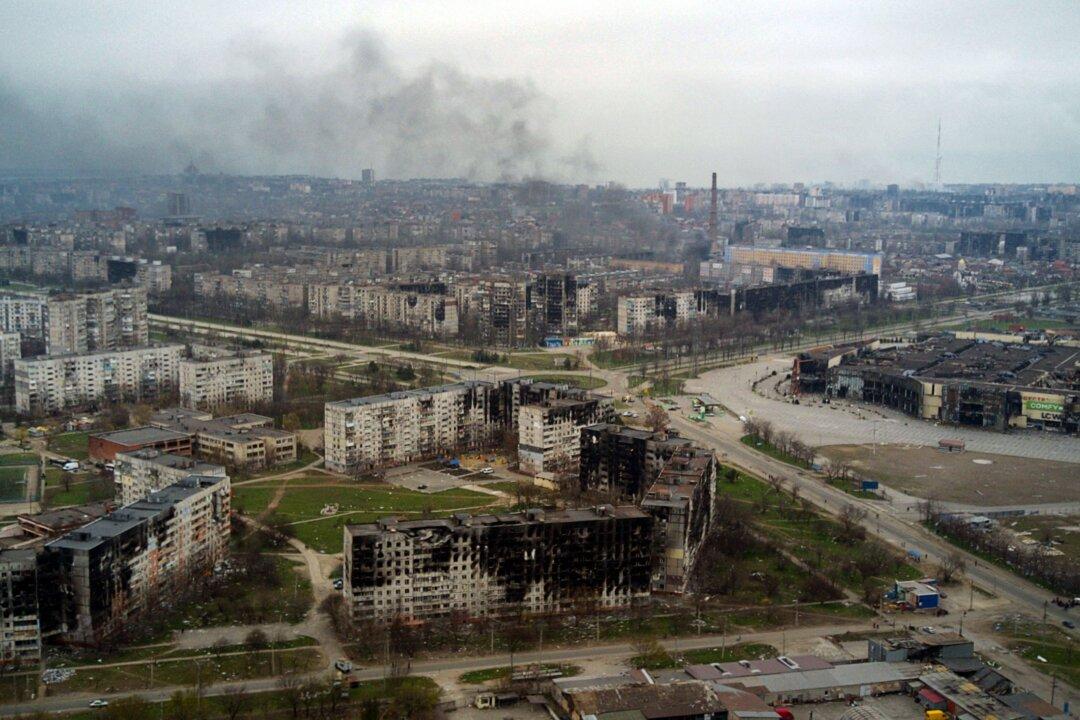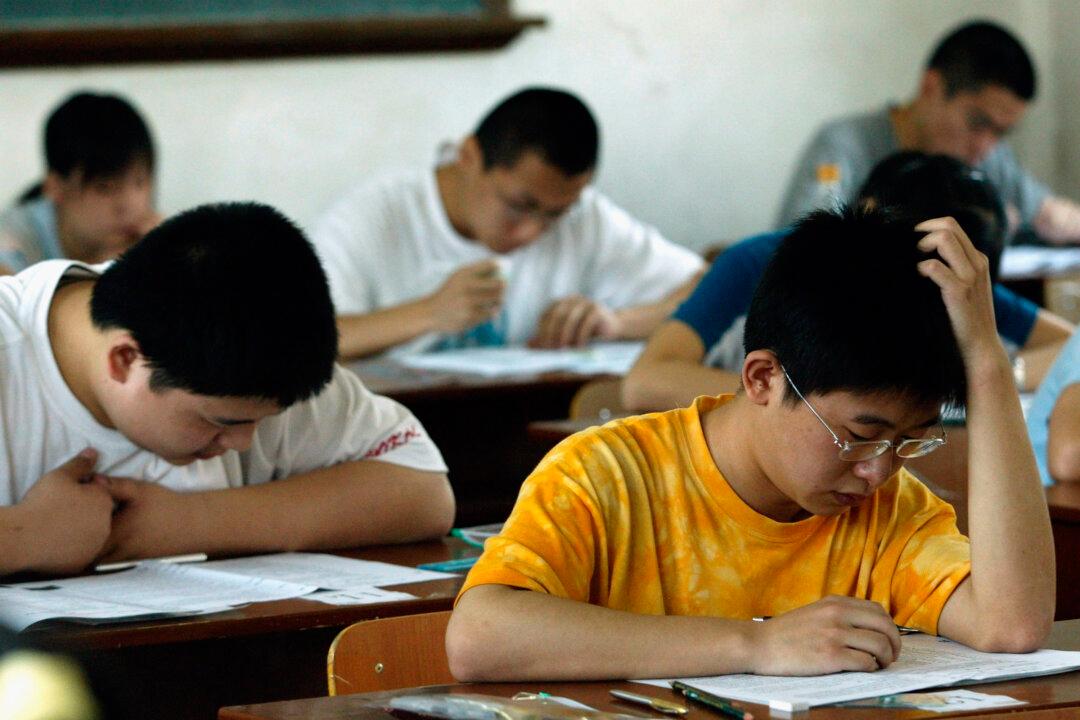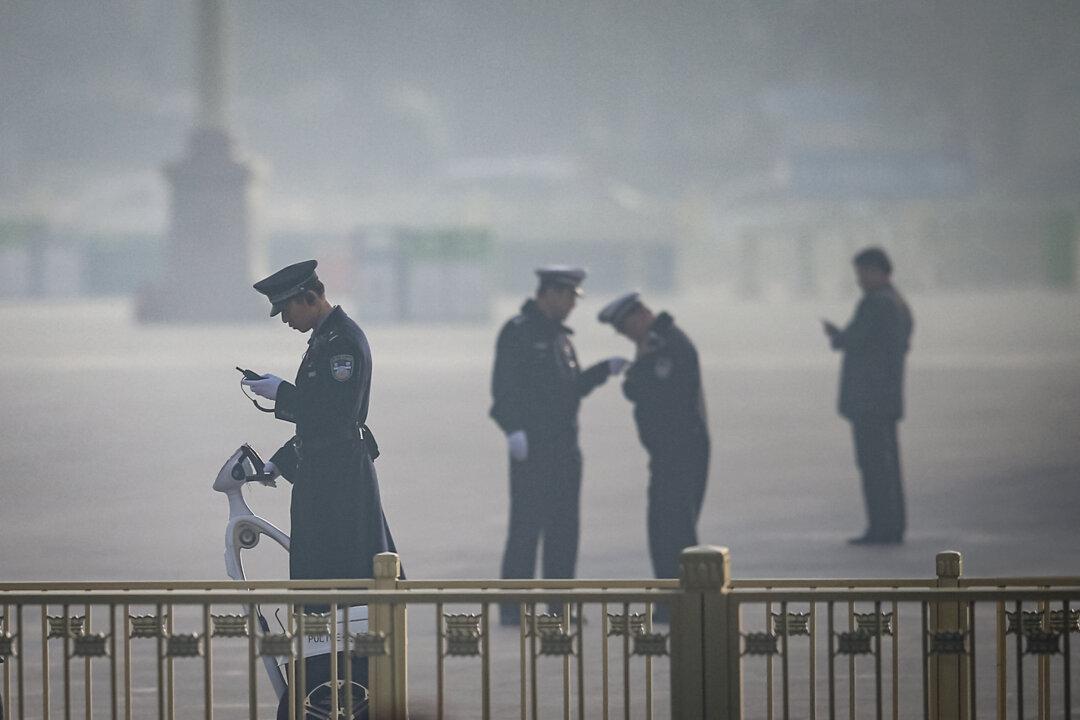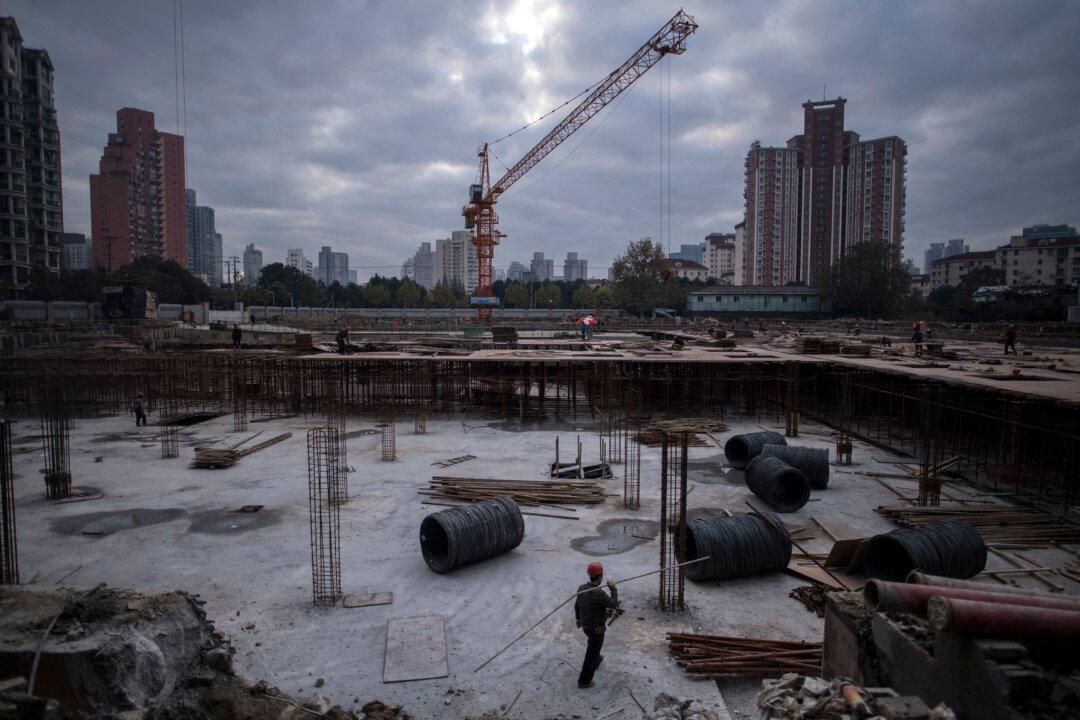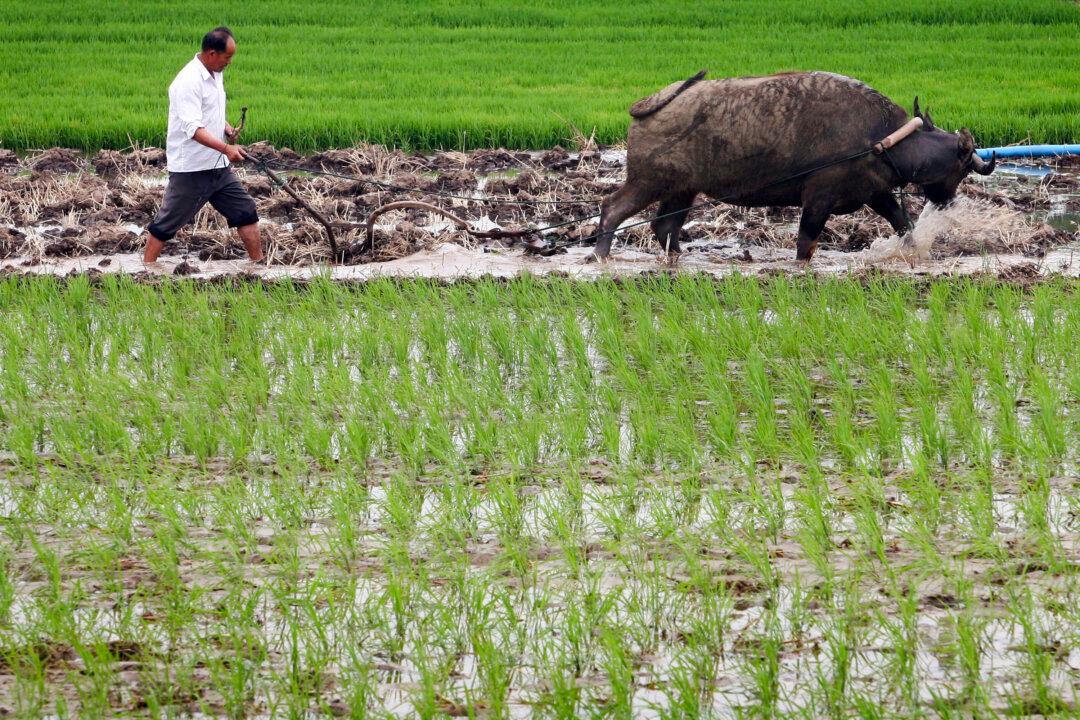Commentary
Since Feb. 24, 2022, the day that Russian troops invaded Ukraine, the world thought Russia would hold the reins of Ukraine in three months and conquer the capital city of Kyiv in three days. Still, the war has been going on for two years and three months, and there is no sign of it ending soon.
